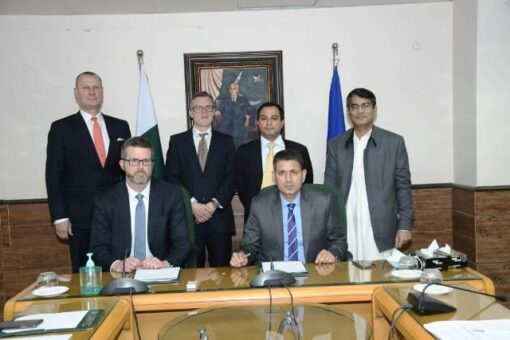KARACHI: Karachi Tax Bar Association (KTBA) has advised the Federal Board of Revenue (FBR) to update Active Taxpayers List (ATL) on daily basis instead weekly as banks were not relying on the online verification of the active taxpayers for purpose of withholding tax deduction.
The KTBA on Saturday said that many taxpayers are making payment of surcharge U/s.182A of the Income Tax Ordinance, 2001 (Ordinance) for inclusion of their names in the ATL and upon the payment the status of taxpayer is immediately updated in the ATL on the web portal.
However, the excel file available on the FBR web portal of is not being updated which is causing severe problems to the taxpayers as far as withdrawals from banks are concerned.
“The banks are not relying on the online verification available on the web portal of FBR,” the KTBA said.
The KTBA suggested that the excel file (lists) available on the web portal of FBR is updated on daily basis and the banks are also informed to rely on the online verification before withholding deducting the tax on banking transactions in order to facilitate the taxpayers.
The tax bar said that it had received many complaints that where manual extensions were filed/submitted and where no reply was received (whether granted or refused) and the returns were filed within the time applied for; the names of such taxpayers are also not appearing in the ATL though such cases are liable to be treated as filed within the time allowed.
The KTBA advised that where taxpayers have filed the manual extensions within time and where the returns have been filed within the time applied for, the names of such taxpayers should be included in the ATL and the ATL be updated immediately without payment of surcharge as prescribed U/s.182A of the Ordinance.
There are several instances where the taxpayers have opted rightly to file their returns, in time, manually (paper returns) as they were legally not bound to file their returns electronically, their names are also not appearing in the ATL for which we are being informed by our members continuously. We feel that the manual returns have not been digitized and such taxpayers are facing severe problems due to non-appearance of their names in the ATL.
The tax bar suggested that where taxpayers have rightly filed/submitted their returns manually (paper turns), the names of such taxpayers should be included in the ATL forthwith for their facilitation.
The KTBA also received complaints from members and have also noticed that there are instances where extension applications have been submitted via IRIS within time and the same are appearing in the outbox of IRIS unattended by the concerned Commissioners and the returns have also been filed within the time applied for but their names are not appearing in the ATL.
The tax bar said that there is no fault of the taxpayers who have filed the extensions in time that remains unattended and the returns have also been filed within the time applied for.
It suggested that where taxpayers have applied for extensions on IRIS in time, whose applications have remained unattended and the returns have been filed within the time, the names of such taxpayers should also be included in the ATL forthwith for their facilitation






